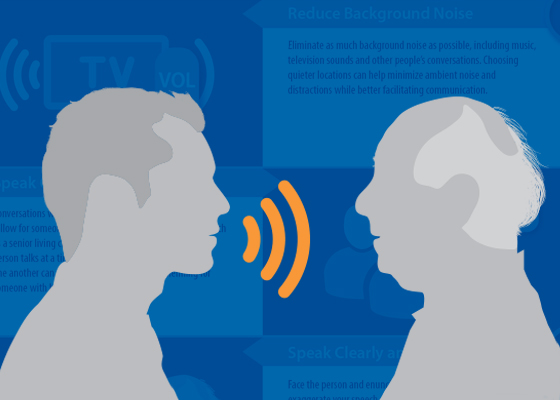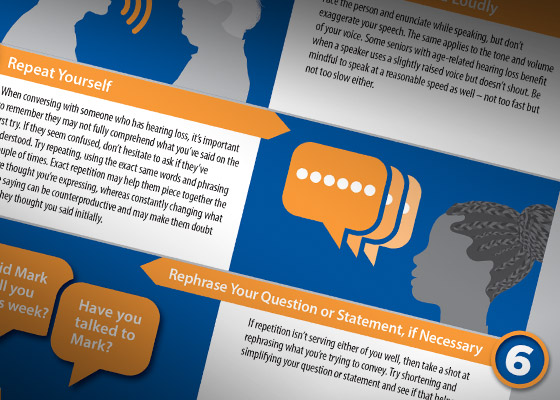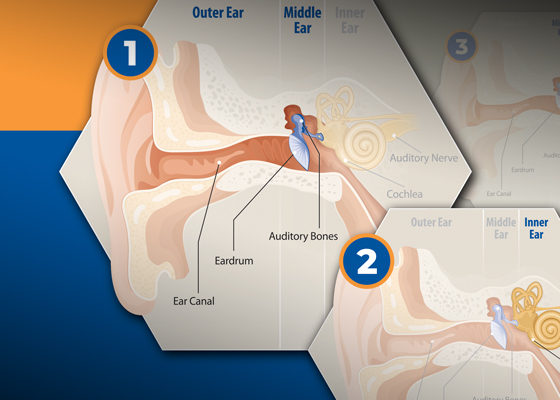
Likening the health risks to smoking and obesity, the 2023 U.S. Surgeon General’s advisory focuses on the impacts of social isolation and loneliness as an epidemic facing Americans.

Likening the health risks to smoking and obesity, the 2023 U.S. Surgeon General’s advisory focuses on the impacts of social isolation and loneliness as an epidemic facing Americans.

Social isolation is a concern for older adults and veterans with hearing loss. A simple, live conversation can make all the difference – with added health benefits over texting or emailing alone.

When it comes to effectively communicating with seniors with hearing loss, there are a few things to consider. Do caretakers and family members understand hearing loss and its impacts? Do they have the right communication approaches? Do they use these skills to ensure that seniors with hearing loss are treated with respect and are engaged as much as possible in their day-to-day lives? Here are nine communication tips to practice when engaging with seniors who have hearing loss.

Tinnitus – persistent ringing or buzzing sounds in the ears – can be distressing, frustrating and even incapacitating. This infographic provides information about the condition and its causes, dispels common myths, and offers evidence-based strategies for managing tinnitus effectively.

Better communication fosters trust, support and a better understanding of the needs of seniors with hearing loss – ultimately improving the quality of care and overall well-being in senior living communities. This infographic provides nine concise strategies that help professionals enhance care quality and promote understanding with those in their care.

Smartphones have become increasingly important to older adults, enabling them to connect with others and access vital information when away from home. This brief examines smartphone adoption for seniors with hearing loss, including apps and integrated technologies.

In 2017, Dr. Harvey Abrams published a paper detailing the many comorbidities to hearing loss. In 2022, he revisited that paper, updating it with new research and data that also includes a new section with emerging information on dual sensory impairment.

This visual aid is designed to help hearing healthcare professionals educate their patients on the type of hearing loss they’re dealing with.

This new white paper explores the most recent data and studies on the link between hearing loss and COVID-19, the long- and short-term effects on patients, and its impacts on hearing healthcare professionals and clinical practice.

Download the brief to learn how hearing loss and falls are related, how that impacts your patients and what you can do about it.